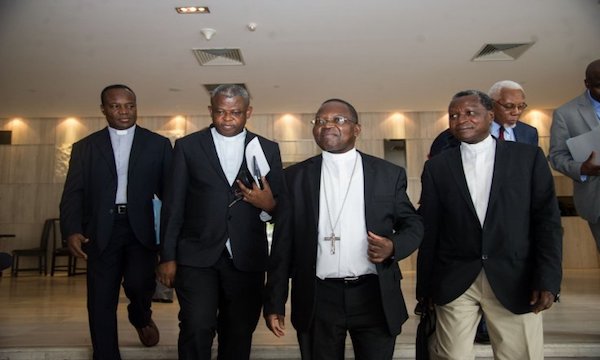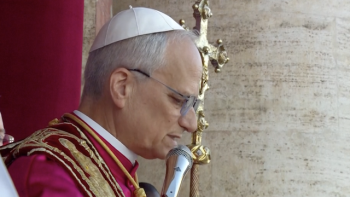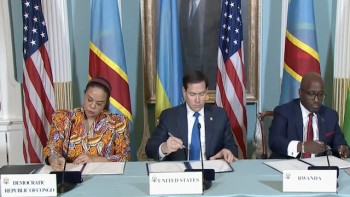The political dialogue brokered by the National Episcopal Conference of the Democratic Republic of Congo (DRC), known as CENCO between President Joseph Kabila's political alliance, the presidential majority (MP) and the Rassemblement, a broad coalition of opposition groups, has failed.
Despite pressure, both internal and external, on DRC President Joseph Kabila to accept the peaceful transfer of power, with major concessions from the opposition to allow a smooth transition, Joseph Kabila has refused to approve the proposed accord. With Joseph Kabila's adamant refusal to agree to an orderly transition, fears of violence are mounting. Accused of massive corruption and large
massacres of civilians and inspired by other dictators of the region, Joseph Kabila's refusal to relinquish the presidency despite the expiration of his mandate as the leader of the resource-rich African nation was largely expected. In fact, the over almost-two-year attempts to find a path through political dialogues hit a wall on several occasions.
According to sources close to CENCO, the latest major blocages from Joseph Kabila revolve around three major points:
- .Joseph Kabila, allowed by the provisions of the proposed political deal to remain as president until the end of 2017, has so far refused to sign a pledge not to change the constitution during the first year of transition and not to run for office for a third term.
- Joseph Kabila has refused to agree to an independent prime minister from the opposition for the transition period.
- Joseph Kabila has rejected a proposal to let some key opposition leaders, especially the Rassemblement leader, Moise Katumbi, return freely to the country.
Bishops within the CENCO, who were confident until Thursday Dec 29, 2016 to have the deal signed on Friday December 30, 2016, appear to have given up.
The failure was well, though apparently bitterly, summarized by Bishop Fridolin Ambongo, the Vice-President of CENCO, in an interview with the press, attended by an AfroAmerica Network correspondent, in Kinshasa on December 30, 2016 :
"We do not have time and we are not prepared to postpone a single day because we believe we could have reached an agreement today. And if they are not able to find an agreement today and if you give them three months, they will always be at square one. Plan B is not excluded ".
Bishop Fridolin Ambongo added that CENCO will no longer be part of any potential further negotiations and concluded that:
"If they [negotiating parties] find an agreement, we [CENCO] will be proud for our work and happy for the Congolese people. I think everybody will be happy. Therefore, New Year 2017 can be celebrated with good news. But if they are unable to reach an agreement, we will draw the consequences and the people will bear witnesses to our work."
With prospects of failure, the question now is: what is next? what will Joseph Kabila do? What will the opposition do? how will the Congolese people react?
However, there are signs that Joseph Kabila has long expected this outcome. He has already brought in Rwandan special forces to reinforce his Republican Guard, in preparation of the withdrawal of the Angolan troops and, according to sources in Katanga, his region of origin, he has started to prepare a referendum to change the constitution, to eliminate terms limit provisions, similar to what happened in the Republic of the Congo, Rwanda, and Uganda.

















